
An employee oversees a smart robot processing furniture parts at a production facility in Ganzhou, Jiangxi province, in May. (ZHU HAIPENG/FOR CHINA DAILY)
China's sharpening focus on the development of new productive forces is expected to give new impetus to high-quality economic development, promote the construction of a modern industrial system and boost the nation's core competitiveness globally amid headwinds and external uncertainties, said experts and company executives.
Emphasizing the key role of innovation, new productive forces, a key phrase reiterated recently by China's top authorities, mean advanced productivity freed from traditional economic growth patterns and productivity development paths. They feature high-tech, high efficiency and high quality, and come in accordance with the country's new development philosophy.
Heightened efforts are needed to achieve breakthroughs in crucial technologies by investing more in basic research, strategic forward-looking fields and future industries, and to strengthen enterprises' dominant position in bolstering technological innovation, industry insiders said.
Their comments came as President Xi Jinping called for efforts to accelerate the development of new productive forces and firmly promote high-quality development.
Sci-tech innovation can generate new industries, new models and new growth drivers, which are the core elements of the development of new productive forces, Xi said.
Xi, who is also general secretary of the Communist Party of China Central Committee, made the remarks while presiding over a recent group study session of the Political Bureau of the CPC Central Committee.
Du Chuanzhong, director of the Institute of Industrial Economics at Nankai University, said that new productive forces are mainly driven by technological innovation and new production factors such as data and computing power.
He emphasized that "strategic emerging industries and future industries" play a vital role in propelling the development of new productive forces.
More efforts should be made to beef up innovation capacities in core technologies in key fields, including big data, artificial intelligence, blockchain, sensors, quantum information, integrated circuits and new materials, bolster the in-depth integration of cutting-edge digital technologies with the real economy and strengthen the training of high-quality and digital-savvy talent, Du said.
Faced with increasingly fierce international competition, China's intensified efforts to foster new productive forces are of great significance in propelling the intelligent, green and high-end development of industries, improving the resilience and security of industrial and supply chains, and consolidating the economic recovery momentum, said Pan Helin, co-director of the Digital Economy and Financial Innovation Research Center at Zhejiang University's International Business School.
He explained that "being different from traditional productive forces that are mainly driven by labor and land, new productive forces rely more on technological advancement and the effective use of resources, and provide vital support and guarantees for high-quality economic development".
Noting that enterprises have played a prominent part in driving technological innovation, Pan called for more detailed measures to step up policy support for micro, small and medium-sized enterprises, strengthen the protection of intellectual property rights and optimize the business environment to attract capital and technology inflows.
Luo Zhongwei, a researcher at the Chinese Academy of Social Sciences' Institute of Industrial Economics, said, "More emphasis should be placed on nurturing emerging industries with strategic importance, such as new-generation information technology, biotechnology, new energy, new materials, high-end equipment manufacturing and green industry."
The Central Economic Work Conference in December had urged efforts to promote industrial innovation through sci-tech innovation and, in particular, develop new industries, models and impetus with innovative and cutting-edge technologies, in order to foster new productive forces.
According to a guideline jointly released by the Ministry of Industry and Information Technology and six other government departments in late January, China vowed to support the development of future industries, with a particular focus on six key fields: manufacturing, information, materials, energy, space and health.
Li Dongsheng, founder and chairman of Chinese consumer electronics maker TCL Technology Group Corp, said, "For China's manufacturing industry, accelerating the development of new productive forces means further stimulating the vitality of technological innovation, continuously investing in scientific research and talent cultivation, and bolstering intelligent transformation of traditional manufacturing."
He said that TCL will invest more in AI, augmented reality, virtual reality, next-generation display technology, new energy, photovoltaics and materials used in the manufacturing of semiconductors.
Against the backdrop of a complicated international scenario, it is important to implement the innovation-driven development strategy and develop frontier technologies, in order to gain a competitive edge in global competition, said Chen Duan, director of the Digital Economy Integration Innovation Development Center at the Central University of Finance and Economics.
Chen said that the pursuit of sci-tech self-reliance is a prerequisite to guarantee national security. "Meanwhile, China should further expand international sci-tech exchanges and cooperation, and take an active part in formulating global rules and standards for core technologies, which is crucial for creating an open and globally competitive innovation ecosystem," she added.
Private enterprises, which boast unique advantages in boosting sci-tech innovation, should become an important force in the development of new productive forces, said Qi Xiangdong, chairman of cybersecurity company Qi-Anxin Technology Group.
The company, Qi said, will step up original and pioneering sci-tech innovation, and reinforce fundamental research in AI to promote its industrial application. The country should provide financial support and fiscal and tax incentives for innovation-oriented enterprises, he added.










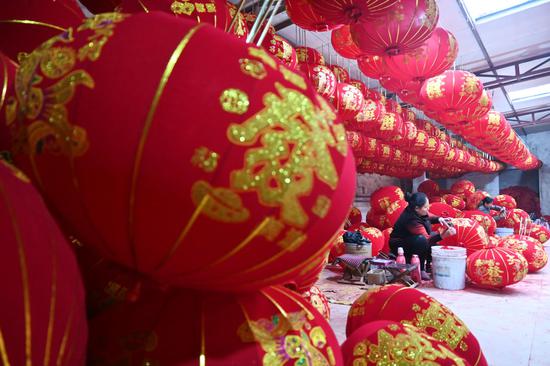

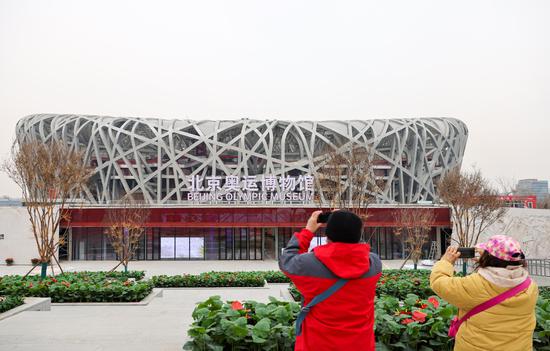


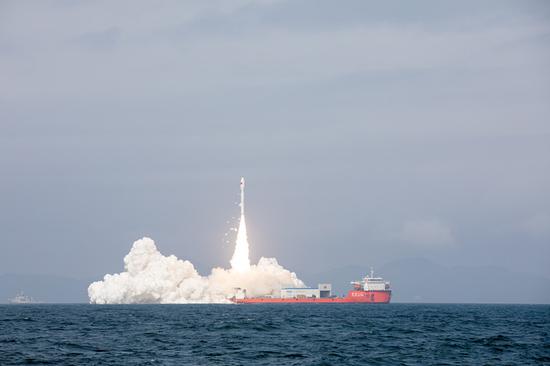



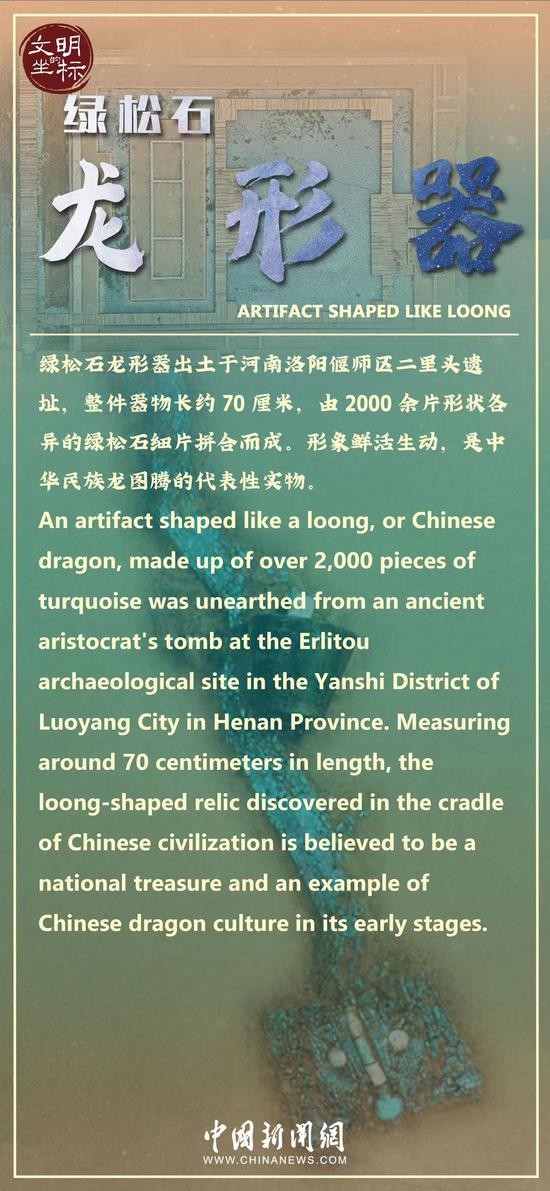

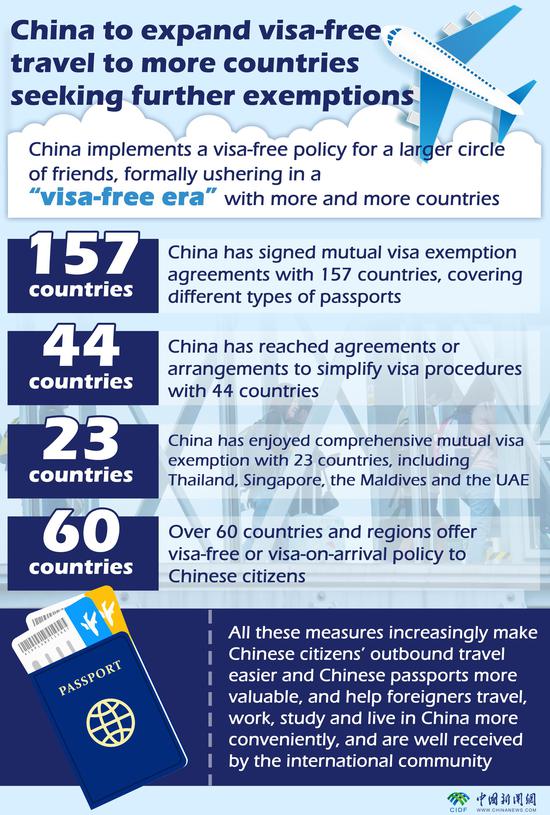

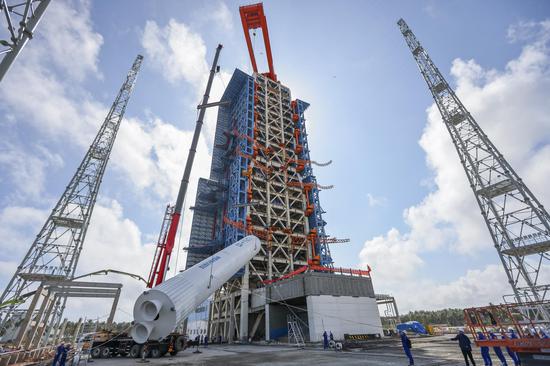
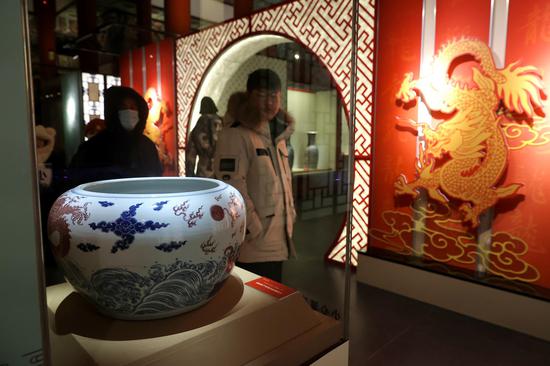


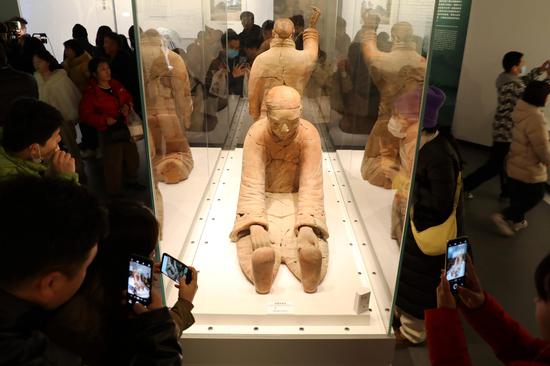





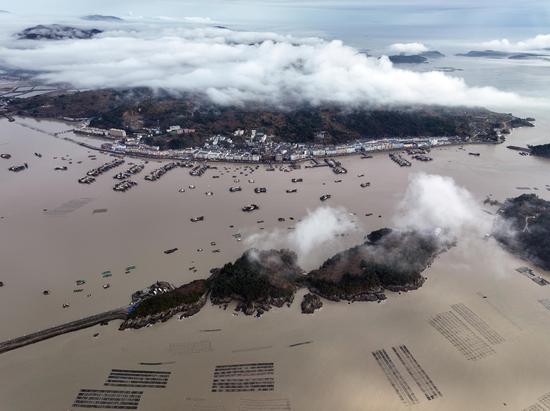
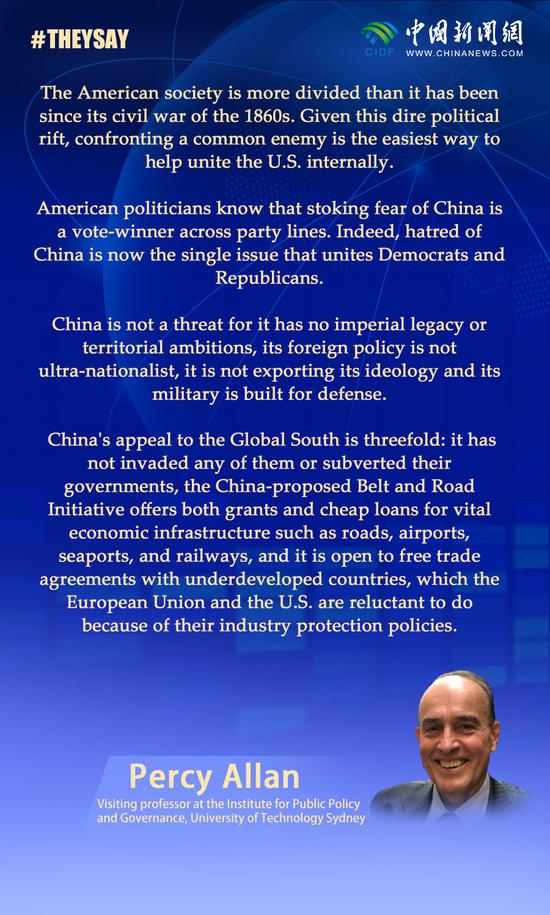
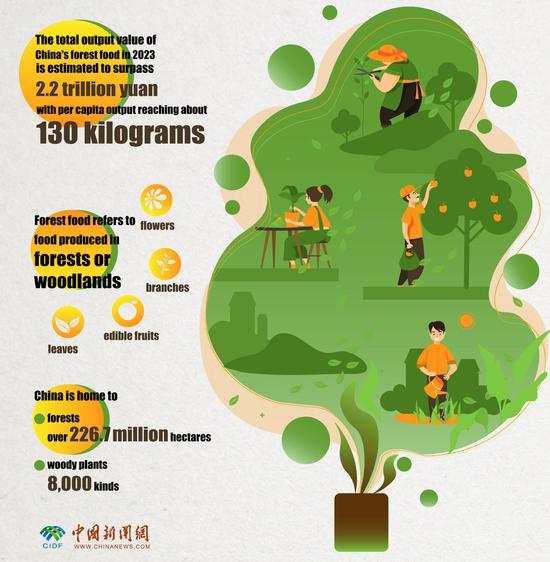




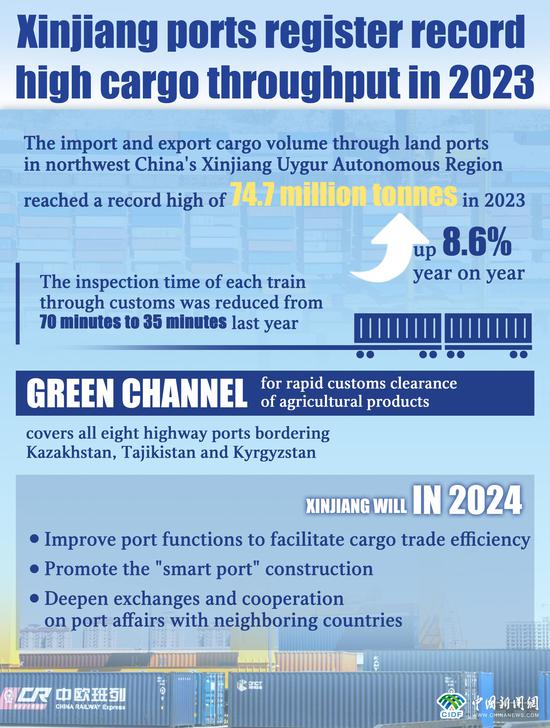
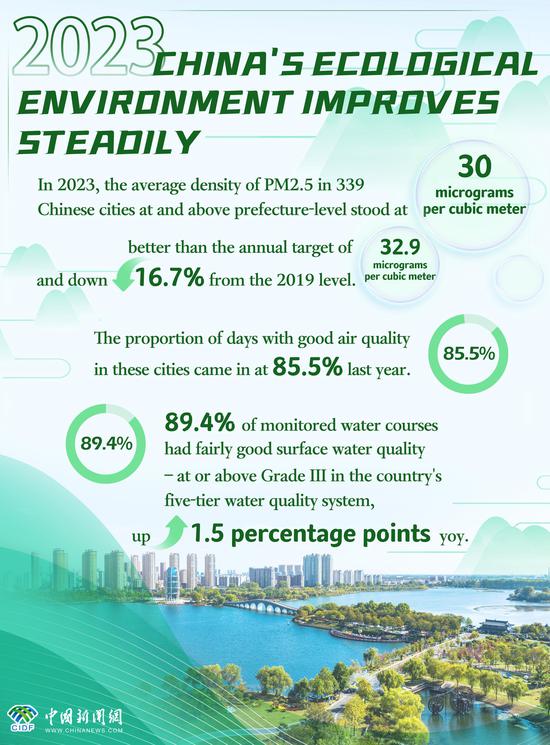








 京公网安备 11010202009201号
京公网安备 11010202009201号